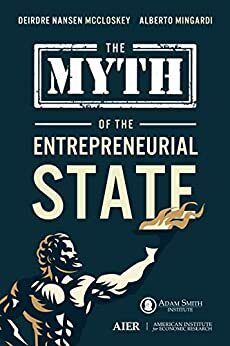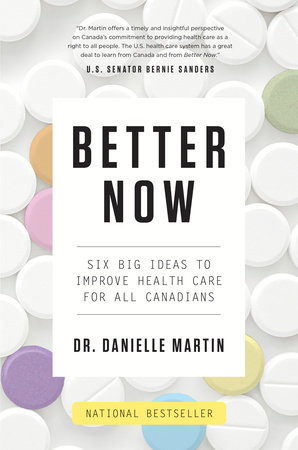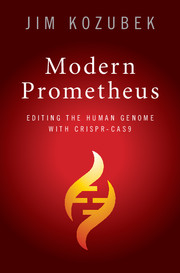Direct-to-Consumer Genetic Testing: Value and Risk
Piecing together information from a variety of sources, one reporter concluded that by early 2019, more than 26 million people worldwide had been tested by the four leading companies, 23andMe, Ancestry, Gene By Gene, and MyHeritage (1). That volume was fueled by aggressive marketing, including discounts in the lead-up to major holidays to promote gifting of test kits. As of May 2020, the undiscounted price of the basic test offered by the leading companies was $59–$99.
This is an example of what should not had happened. Recreative genomics doesn't add value and increases uncertainty and anxiety.
Although many consumers of DTCgenetic testing express an intention to modify their lifestyle to address risk factors, studies typically show no changes at follow-up (15, 30). In the PGen Study, 59% of participants said that test results would influence their management of their health (31). However, an analysis of the 762 participants who had complete cancer-related data found that those who received elevated risk estimates were not significantly more likely to change lifestyle or engage in cancer screening than those who received average or below-average risk estimates (44). It may be relevant that no participants tested positive for pathogenic variants in highly penetrant cancer susceptibility genes. As for population health, the Centers for Disease Control and Prevention identify three conditions—hereditary breast and ovarian cancer syndrome,Lynch syndrome, and familial hypercholesterolemia—that are poorly ascertained despite the potential for early detection and intervention to significantly reduce morbidity and mortality (45). The hope is that DTC genetic testing could improve the situation (15). However,DTC genetic testing as currently carried out is likely to fill gaps in haphazard fashion, given the characteristics of purchasers, the scope of available products, and integration issues.
One message. Right now and until we don't know the implications of recreational genetic testing, direct to consumers testing should stop.

















